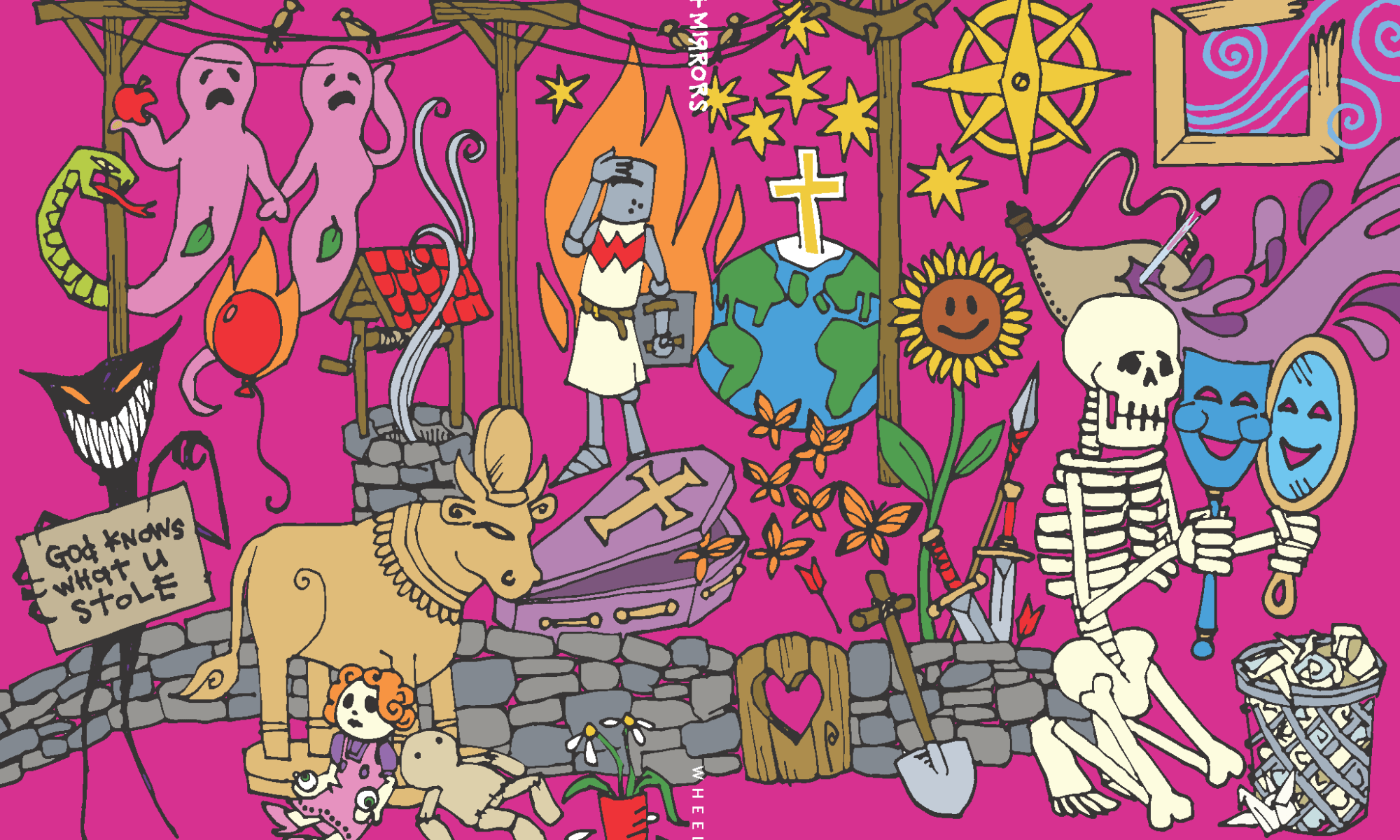
My children have books they return to, over and over. This one is brought to you by Nadia.
As a creative dad, I’m a big fan of any story that uplifts beauty, but this one is way more than just uplifting. Miss Rumphius, by Barbara Cooney, is the story of a life well-lived.
Seeing with a Child’s Eyes
As with the best children’s books, our entry point is through the eyes of a child — specifically, the great-niece of Miss Alice Rumphius, a.k.a. “The Lupine Lady.” She has grown up hearing her great-aunt’s stories, and now she tells them to us.
“The Lupine Lady is little and old. But she has not always been that way. I know. She is my great-aunt, and she told me so.
Once upon a time she was a little girl named Alice, who lived in a city by the sea.”
The author uses straightforward, simple language (you believe that a young person is telling the story), and this clear voice continues from start to finish. But that doesn’t mean that the vocabulary isn’t strong and vivid; just that it’s a natural extension of how one tells a story to child, and how that child might repeat it.
Another way Cooney accomplishes this is through simplicity of motivation and decision. Miss Rumphius does something, and then she does something else. Simple as that. When she hurts her back getting off a camel, she reasons that it might be time for her to find a home by the sea. And the storyteller affirms this:
“And it was, and she did.”
This is very much like how a child views life, moving from activity to activity. There is nothing swashbuckling about this, just the practical nature of making a decision and following through, and what beauty comes of it. It’s a gentle way to tell a story.
Even though Alice is the center of the story, we get our first glimpse into her life with a series of reference points. She grew up by the sea. She lived with her grandfather, who made things because he was an artist. He let her help him sometimes.
Affirmation of a Larger World
And it is her grandfather who provides little Alice with three values upon which to build her life: exploration (going to faraway places), home (a place by the sea) and lastly…
“You must do something to make the world more beautiful.”
Miss Rumphius receives her grandfather’s wisdom and embraces it. She is rooted in something larger then herself, that extends back into the past. And the reason she is rooted is because she saw her grandfather reaching into the future by making the world more beautiful, for others to enjoy after him — for her.
When she grows up, Alice sets out to do these three things.
Keeping a Promise Is Beautiful
When I asked Nadia for her opinion on the story, she said that she liked that Miss Rumphius kept her three promises, even after falling off a camel.
To me, this gets at the heart of this story.
Even though it takes time and you might fall off a camel and people might call you That Crazy Old Lady, you can keep a promise you make. And the culmination of keeping that promise is richly imagined on full spreads in the final pages, a satisfying payoff to the long-range setup of the story. The stunning beauty of the finale actually means something because it took Miss Rumphius an entire lifetime to achieve “the most difficult thing of all” — to make the world more beautiful.
Miss Rumphius is not profound, and it’s not all-encompassing. It merely suggests that by exploring our world, finding rest in it, and cultivating beauty in it for others to enjoy, we are fulfilling a deep and true human vocation — one that originated in Eden, and resonates within us to this day. And, incidentally, one that a child can understand.
At the end of the story, we are back with the grand-niece. She is sitting and listening to her great-aunt tell the stories, and making the same promises to explore the world, to make a home, and of course, to do something to make the world more beautiful. And the last line lingers, opening us to the possibilities…
“…but I do not know yet what that can be.”

One Reply to “kid pick: miss rumphius”
Comments are closed.